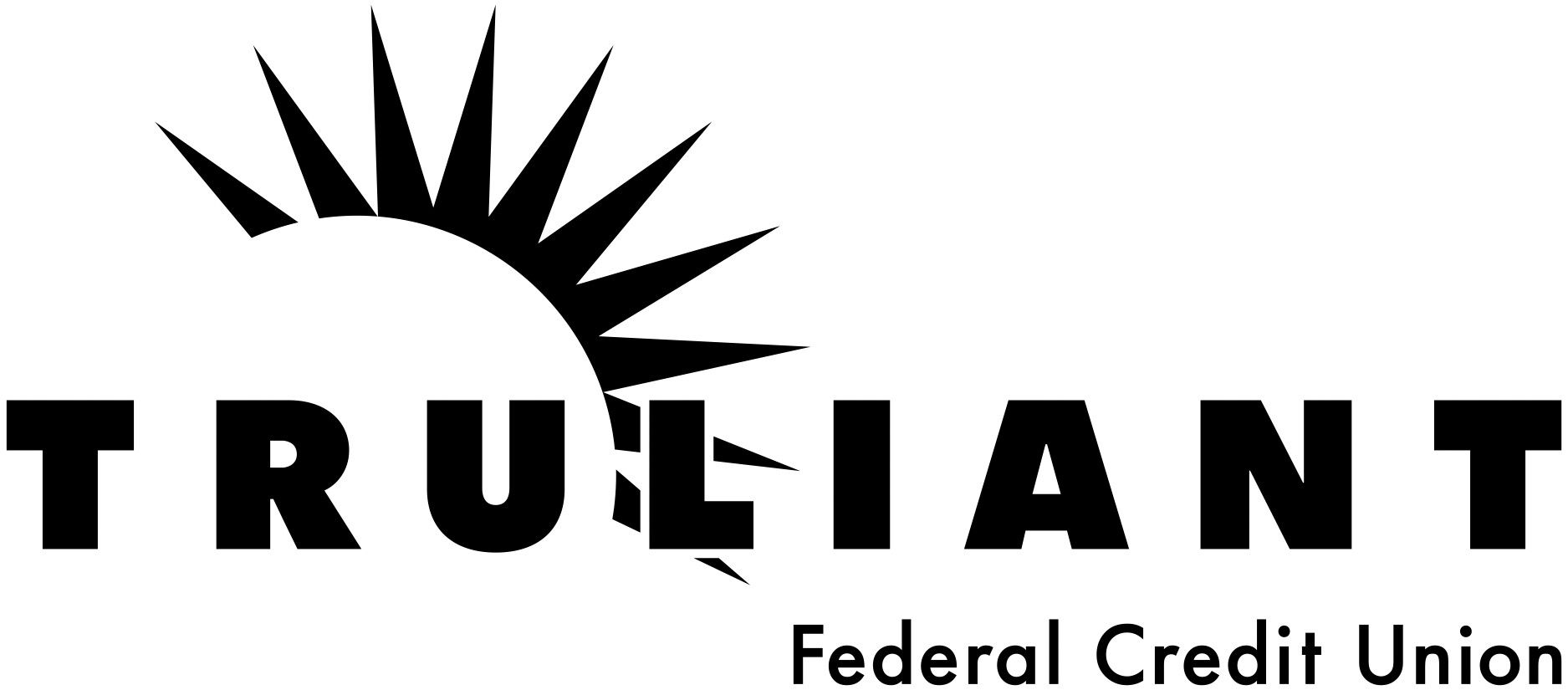As you approach the age of retirement, you will have to make some hard decisions about how to maintain your lifestyle once you are no longer working. For a lot of individuals, the thought of how to transition to this phase of life has been little more than a passing thought now and then. It is a notion that many assume should be put off for another future date. Yet, putting off addressing retirement is simply something you can no longer afford to do. Now is the time to be asking the central questions you need answers to before you walk out of the office for the last time.
10 Questions to Ask Before You Retire
How Do You Apply for Social Security Benefits?
Applying for Social Security is a relatively painless process. It can be done online on the Social Security Administration’s (SSA) website or by picking up an application from the SSA in person. After filling in the required information and turning the documents in, assuming everything is filled out correctly, your Social Security benefits should start coming to you in about six weeks.
How Do You Retire?
If it is not readily apparent how you will retire, then now is the time to speak with someone in the human resources (HR) department of your company about this. For most people, this will involve filling out paperwork with HR to get the ball rolling when the time is right. It is also a good idea to speak with a professional who can help you figure out the best way to allocate your financial resources to make the transition away from receiving a paycheck to living off the long-accumulated fruits of your planning. You should be prepared to make some key living adjustments to help this change occur more naturally.
How Much Savings Should You Accumulate Before Retirement?
During the time you work leading up to retirement, the idea is to save as much as you can. More precisely, you should be tucking away 10 to 15% of your annual income throughout your career. This process should ideally begin in your 20s and continue for the next 35 to 40 years.
How Much Will You Pay in Taxes After You Retire?
The range for being taxed due to marital status and earnings spans from 10% to 37%. Things you will be charged for include money made on pensions, your IRA, annuities, 401(k), 857B, and other capital-generating sources of income.
How Will You Handle Your Medical Needs?
If you retire before you are 65, then you may not yet be eligible for Medicare. This will inevitably mean that anyone leaving the workforce by age 62 will need to find additional coverage for medical expenses. This option will undoubtedly turn out to be an out-of-pocket expense. Even with receiving Medicare after age 65, the average health care costs from age 70 to the end of life still reaches $122,000, most of which is not covered by Medicare.
Should You Retire Early or Wait Until Later?
If you are fast approaching your 60s, you may be trying to determine if an early retirement is in the cards. If you have a solid financial situation, that might be a viable possibility; otherwise, you may have to wait until later to call it quits. In fact, you may even have to continue to work part time after you retire from your job to maintain a suitable standard of living.
Should You Take Your Pension as One Lump Payment or as an Annuity?
In short, there are huge tax implications either way one chooses to go, but an annuity is designed to spread out the payments over time. This is done with the intention of trying to ensure that a person is receiving a relatively fixed monthly amount after retirement. If a pension is paid out in one lump sum, it may beneficial in the short term but impact your income in the long term.
What Percentage of Your Pre-Retirement Income Can You Live On?
One of the hardest values to calculate is what percentage of your preretirement income you need in order to be sustainable. This will help you know if you can afford to continue living as you are after retirement. While the rule of thumb seems to hover somewhere between 60 to 80%, the truth is that this is just a rough estimate. As you approach retirement, the best indicator of what percentage of your normal income you can live on will depend on what measures you take to mitigate your monthly expenses.
Will You Have Access to Substantial Investment Income?
Aside from savings, some of your income in retirement should ideally come from other sources you have established during your working years. Some people receive a regular return on their invested capital after they cease working. These earnings come from places like stock dividends, annuities, and other money-generating vehicles. Others find that they have no investments to help pad their financial needs.
Will You Stay in Your Home or Move Into an Assisted Living Facility?
Whether or not you will be able to remain in your own home after retirement depends on a few important factors. Whether you can take care of yourself independently or you need help doing so is a primary concern that must be addressed. Some retired individuals neither have the money nor the ability to sustain such a living arrangement.
As you approach retirement, you may need help answering some of the questions above. Our LPL* advisors can meet with you to help address your concerns and make a plan for you, whether you’re 25 or 65. Contact us today for a no-obligation consultation. LPL Financial and its representatives do not provide tax advice. For specific tax advice, please consult a qualified tax professional.
Sources:
https://money.usnews.com/money/retirement/articles/most-frequently-asked-retirement-questions https://www.consumerismcommentary.com/do-you-need-80-of-your-current-income-in-retirement/ https://www.forbes.com/sites/nextavenue/2018/06/28/the-truth-about-health-care-costs-in-retirement/#7dad5a5d4401
Sources:
https://money.usnews.com/money/retirement/articles/most-frequently-asked-retirement-questions https://www.consumerismcommentary.com/do-you-need-80-of-your-current-income-in-retirement/ https://www.forbes.com/sites/nextavenue/2018/06/28/the-truth-about-health-care-costs-in-retirement/#7dad5a5d4401

Talk to Truliant
At Truliant, our LPL* financial advisors can give you the financial advice that you need to start your retirement planning or to give you a second opinion on your current plan.
*Securities and advisory services are offered through LPL Financial (LPL), a registered investment advisor and broker-dealer (member FINRA/SIPC). Insurance products are offered through LPL or its licensed affiliates. Truliant Federal Credit Union and Truliant Financial Advisors are not registered as a broker-dealer or investment advisor. Registered representatives of LPL offer products and services using Truliant Financial Advisors, and may also be employees of Truliant Federal Credit Union. These products and services are being offered through LPL or its affiliates, which are separate entities from, and not affiliates of, Truliant Federal Credit Union or Truliant Financial Advisors. Securities and Insurance offered
through LPL or Its affiliates are:
Not Insured by NCUA or Any Other Government Agency | Not Credit Union Guaranteed | Not Credit Union Deposits or Obligations | May Lose Value
Truliant Financial Credit Union (“Financial Institution”) provides referrals to financial professionals of LPL Financial LLC (“LPL”) pursuant to an agreement that allows LPL to pay the Financial Institution for these referrals. This creates an incentive for the Financial Institution to make these referrals, resulting in a conflict of interest. The Financial Institution is not a current client of LPL for brokerage or advisory services. Please visit https://www.lpl.com/disclosures/is-lpl-relationship-disclosure.html for more detailed information.
The LPL Financial registered representative(s) associated with this website may discuss and/or transact business only with residents of the states in which they are properly registered or licensed. No offers may be made or accepted from any resident of any other state.
through LPL or Its affiliates are:
Not Insured by NCUA or Any Other Government Agency | Not Credit Union Guaranteed | Not Credit Union Deposits or Obligations | May Lose Value
Truliant Financial Credit Union (“Financial Institution”) provides referrals to financial professionals of LPL Financial LLC (“LPL”) pursuant to an agreement that allows LPL to pay the Financial Institution for these referrals. This creates an incentive for the Financial Institution to make these referrals, resulting in a conflict of interest. The Financial Institution is not a current client of LPL for brokerage or advisory services. Please visit https://www.lpl.com/disclosures/is-lpl-relationship-disclosure.html for more detailed information.
The LPL Financial registered representative(s) associated with this website may discuss and/or transact business only with residents of the states in which they are properly registered or licensed. No offers may be made or accepted from any resident of any other state.







